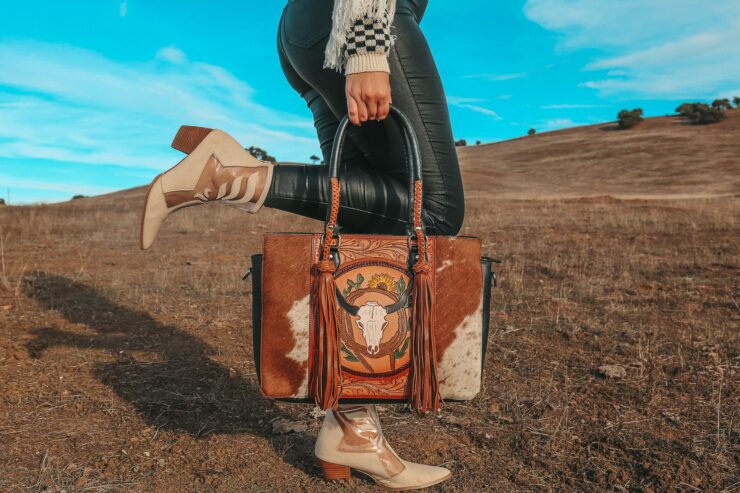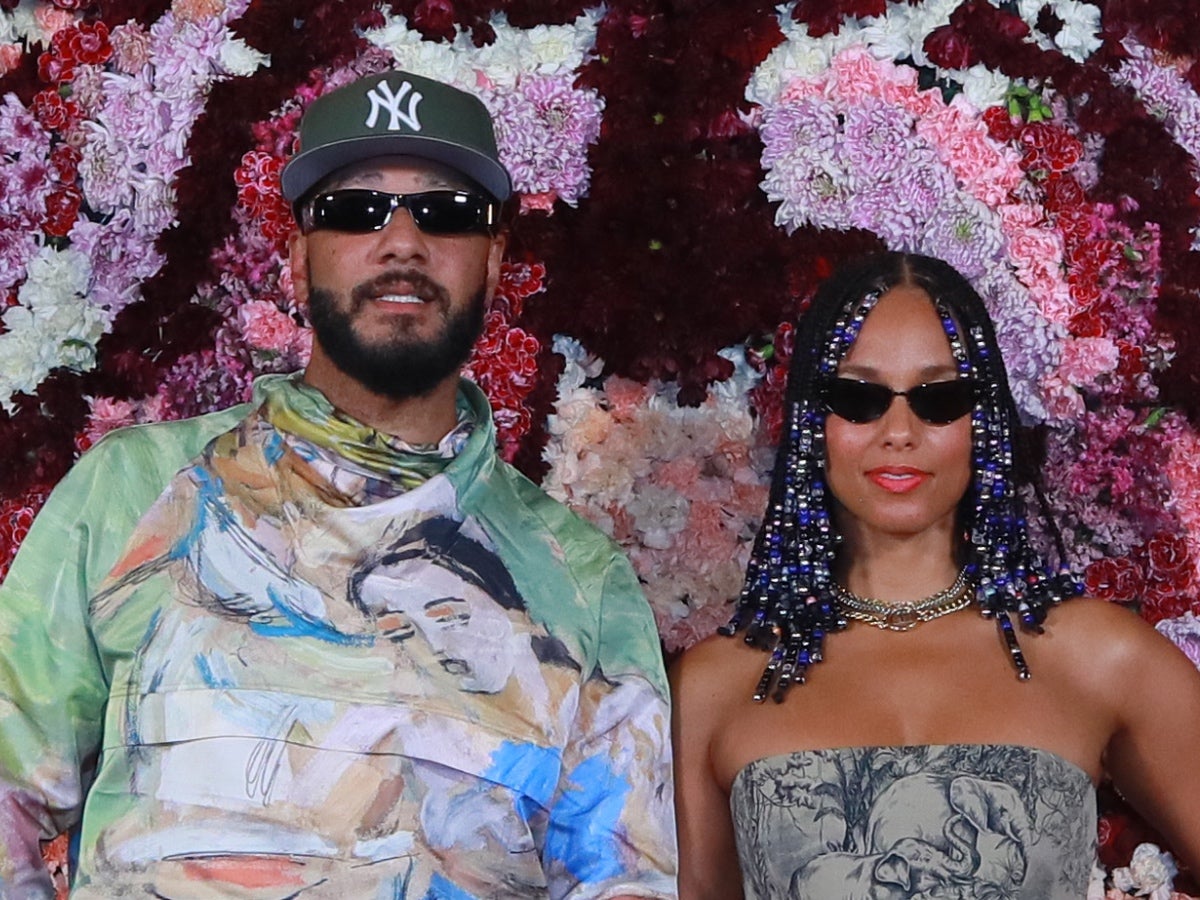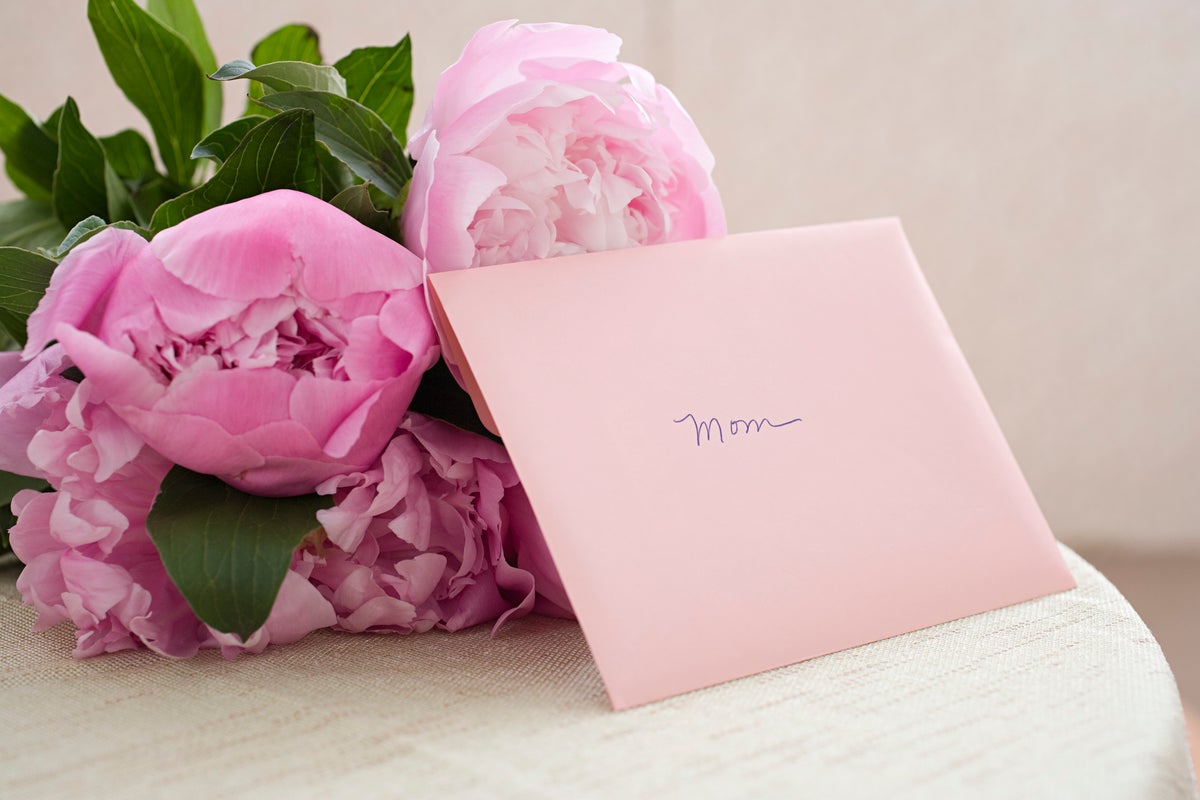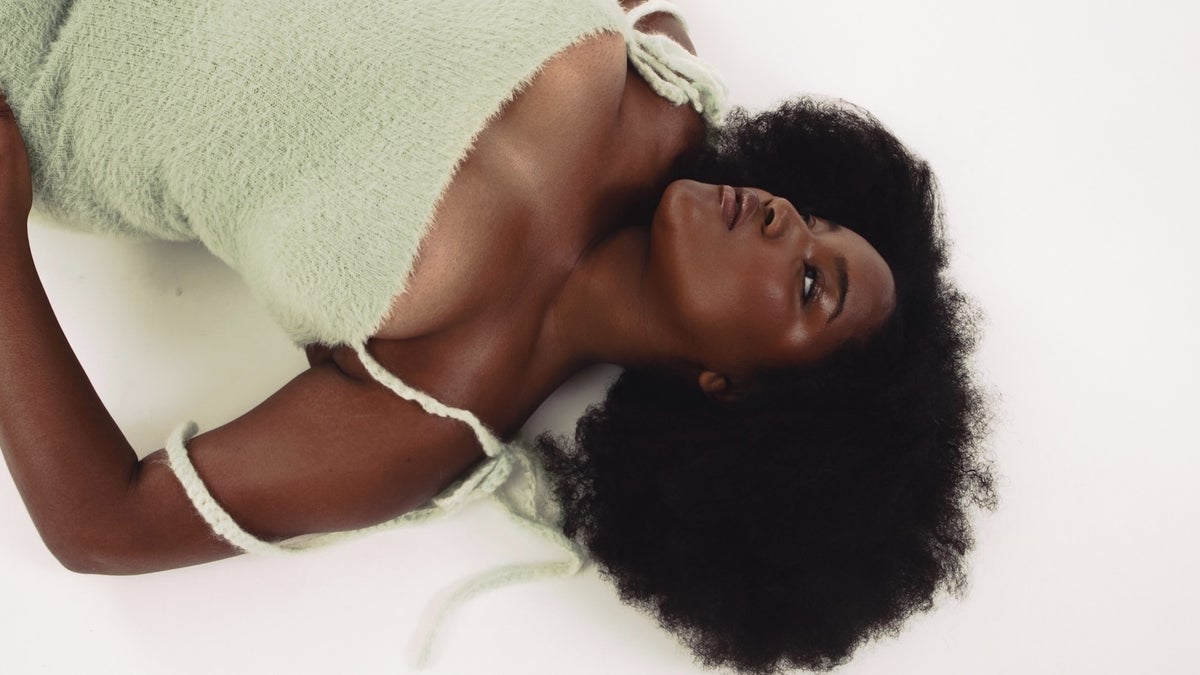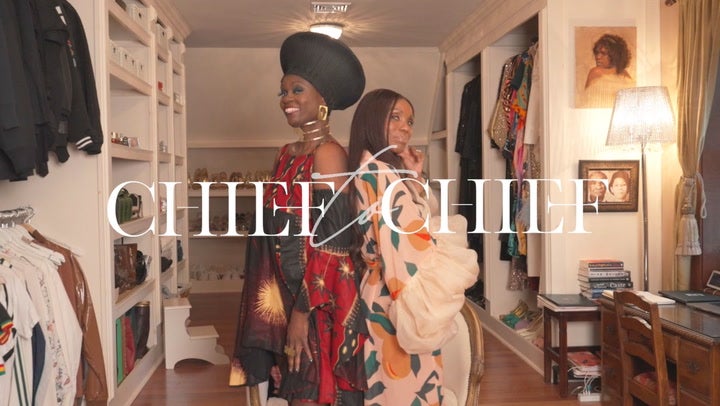
Gabriella Karefa-Johnson has officially announced her departure from Vogue. The fashion editor and stylist revealed this update on The Business of Fashion podcast recently. Karefa-Johnson expressed in an episode alongside BoF’s founder and editor-in-chief Imran Ahmed that she decided to not renew her contract for her Global Fashion Director at Large role.
In 2021, Karefa-Johnson became the first Black woman to style a cover of Vogue which featured Paloma Elsesser, photographed by Annie Leibovitz. That same year she worked on the cover shoot that featured Vice President Kamala Harris. Karefa-Johnson has a unique eye for style and has been working diligently to provide exposure for rising designers. In the BoF podcast, she expresses that her journey in the industry largely began when she was hired as Tonnie Goodman’s assistant after attaining a liberal arts education at Barnard College (this followed her securing seven internships). Goodman is currently Vogue’s sustainability editor.
“That resignation was something that was right for me at the time, still is right for me,” Karefa-Johnson said on her resignation from Vogue. “The truth of the matter is we grow and sometimes our containers don’t grow with us. And so I am excited to build a new container for all of these ideas and this energy.”
On this next era of her career, she shared: “I just hope that whatever comes to be of this career of mine is something that models possibilities for the next Gabriella Karefa-Johnson.” She added: “I can’t wait to take those tools and apply them in ways that are really just true to who I am, serve me and serve people who look like me.”
During the BoF podcast, Karefa-Johnson also touched on the importance of pushing forward the visibility of emerging fashion talent such as Central Saint Martins graduate Torishéju Dumi. “It’s very easy to feel invisible in these cities as a young designer, period. Full stop. But as a young black female designer, I knew that the hurdles she was up against would be exponentially bigger than some of her colleagues,” Karefa-Johnson said.
“I wanted to be able to bridge the gap. I wanted to be able to give her a leg up, which I think in a lot of ways is something that has produced so many of the most enduring young designers.”
Listen to The Business of Fashion podcast episode below.

